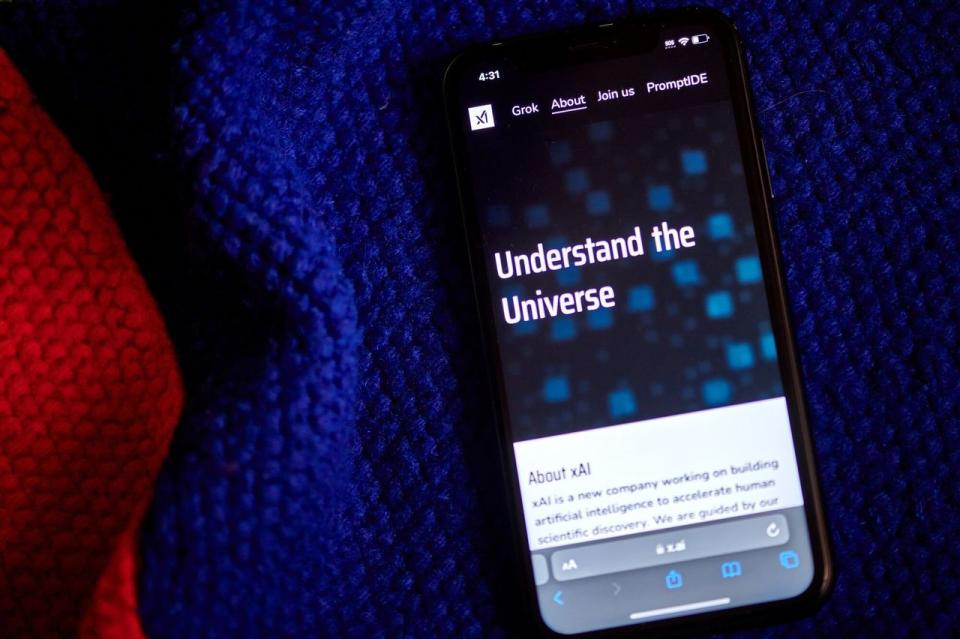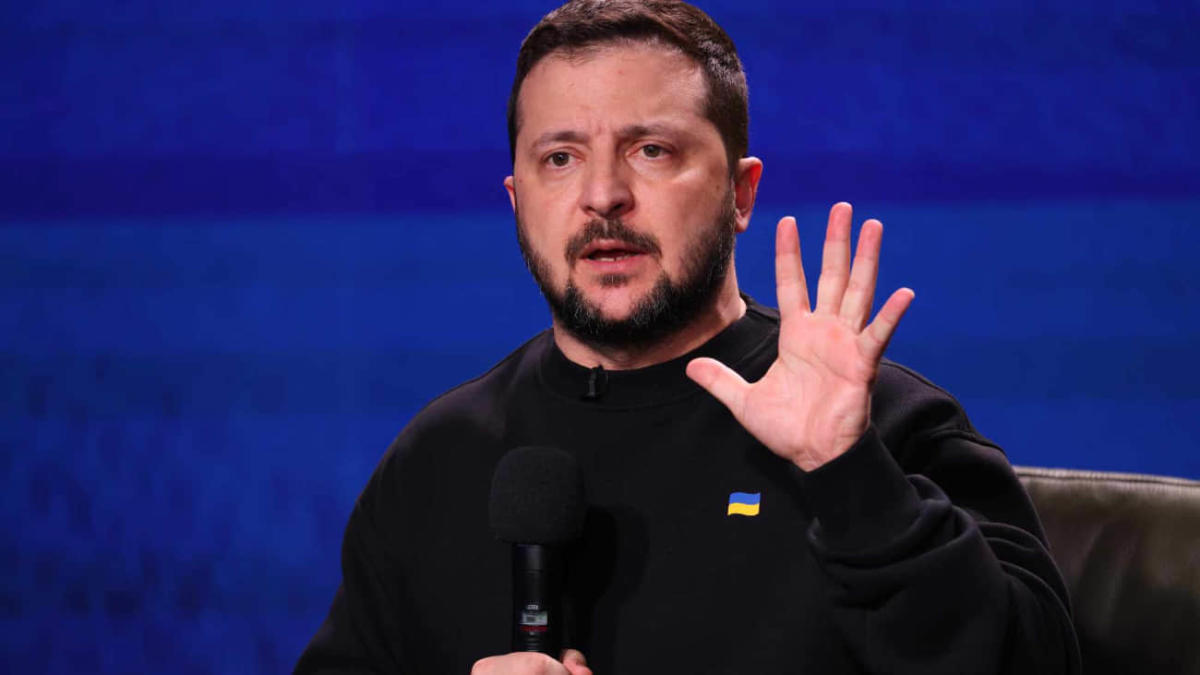Elon Musk is racing to a sci-fi future while the AI chief at Meta Platforms is arguing for one rooted in the traditional scientific approach.
That divide in thinking was on display this past week during the latest flare-up in the cold war between Musk and Facebook’s parent—sparking a debate over the meaning of “science.”
Most Read from The Wall Street Journal
No sooner had Musk taken to his social-media platform X to celebrate raising $6 billion for his AI startup xAI than Meta’s top AI scientist, Yann LeCun, criticized the rival company and Musk himself.
Musk turned to a favorite rebuttal—a veiled suggestion that the executive, who is also a high-profile professor, wasn’t accomplishing much: “What ‘science’ have you done in the past 5 years?” Musk asked.
“Over 80 technical papers published since January 2022,” LeCun responded. “What about you?”
To which Musk posted: “That’s nothing, you’re going soft. Try harder!”
The ensuing dayslong back-and-forth came as Musk, Meta and other tech giants are offering differing visions of an AI future and positioning themselves to be seen as the leaders in the field.
At stake are the hearts and minds of AI experts—academic and otherwise—needed to usher in the technology that investors are betting will unlock new ways of operating for industries and daily life. Beneath the tweets is a tension that has long endured in Silicon Valley between researchers and scientists exploring new ideas and entrepreneurs and investors eager to capitalize on those findings.
The episode began Monday when LeCun, also a New York University professor, took a shot at Musk, who had tweeted to encourage applicants to apply for jobs at his startup.
“Join xAI,” LeCun wrote, “if you can stand a boss who:
– claims that what you are working on will be solved next year (no pressure).
– claims that what you are working on will kill everyone and must be stopped or paused (yay, vacation for 6 months!).
– claims to want a ‘maximally rigorous pursuit of the truth’ but spews crazy-ass conspiracy theories on his own social platform.”
Some read Musk’s “science” dig as dismissing the role research has played for a generation of AI experts. For years, the Metas and Googles of the world have hired the top minds in AI from universities, indulging their desires to keep a foot in both worlds by allowing them to release their research publicly, while also trying to deploy products.
For an academic such as LeCun, published research, whether peer-reviewed or not, allowed ideas to flourish and reputations to be built, which in turn helped build stars in the system.
LeCun has been at Meta since 2013 while serving as an NYU professor since 2003. His tweets suggest he subscribes to the philosophy that one’s work needs to be published—put through the rigors of being shown to be correct and reproducible—to really be considered science.
“If you do research and don’t publish, it’s not Science,” he posted in a lengthy tweet Tuesday rebutting Musk. “If you never published your research but somehow developed it into a product, you might die rich,” he concluded. “But you’ll still be a bit bitter and largely forgotten.”
After pushback, he later clarified in another post: “What I *AM* saying is that science progresses through the collision of ideas, verification, analysis, reproduction, and improvements. If you don’t publish your research *in some way* your research will likely have no impact.”
The spat inspired debate throughout the scientific community. “What is science?” Nature, a scientific journal, asked in a headline about the dust-up.
In some corners, LeCun was cheered on. “Despite getting much less $$, recognition & visibility than entrepreneurs, the scientists who publish their groundbreaking research openly are the cornerstone of technological progress & massively contribute to making the world a better place!” Clem Delangue, chief executive of the AI startup Hugging Face, tweeted.
Others, such as Palmer Luckey, a former Facebook executive and founder of Anduril Industries, a defense startup, took issue with LeCun’s definition of science. “The extreme arrogance and elitism is what people have a problem with,” he tweeted.
For Musk, who prides himself on his physics-based viewpoint and likes to tout how he once aspired to work at a particle accelerator in pursuit of the universe’s big questions, LeCun’s definition of science might sound too ivory-tower.
Musk has blamed universities for helping promote what he sees as overly liberal thinking and other symptoms of what he calls the Woke Mind Virus.
Over the years, an appeal of working for Musk has been the impression that his companies move quickly, filled with engineers attracted to tackling hard problems and seeing their ideas put into practice.
“I’ve teamed up with Elon to see if we can actually apply these new technologies to really make a dent in our understanding of the universe,” Igor Babuschkin, an AI expert who worked at OpenAI and Google’s DeepMind, said last year as part of announcing xAI’s mission.

The creation of xAI quickly sent ripples through the AI labor market, with one rival complaining it was hard to compete for potential candidates attracted to Musk and his reputation for creating value. And that was before xAI’s latest round raised billions of dollars, putting its valuation at $24 billion, kicking off a new recruiting drive.
It was already a seller’s market for AI talent, with estimates that there might be only a couple hundred people out there qualified to deal with certain pressing challenges in the industry and that top candidates can easily earn compensation packages worth $1 million or more.
Since the launch, Musk has been quick to criticize competitors for what he perceived as liberal biases in rival AI chatbots. His pitch of xAI being the anti-woke bastion seems to have worked to attract some like-minded engineers.
As for Musk’s final response to LeCun’s defense of research, he posted a meme featuring Pepé Le Pew that read: “my honest reaction.”
Write to Tim Higgins at tim.higgins@wsj.com
Most Read from The Wall Street Journal
Signup bonus from




